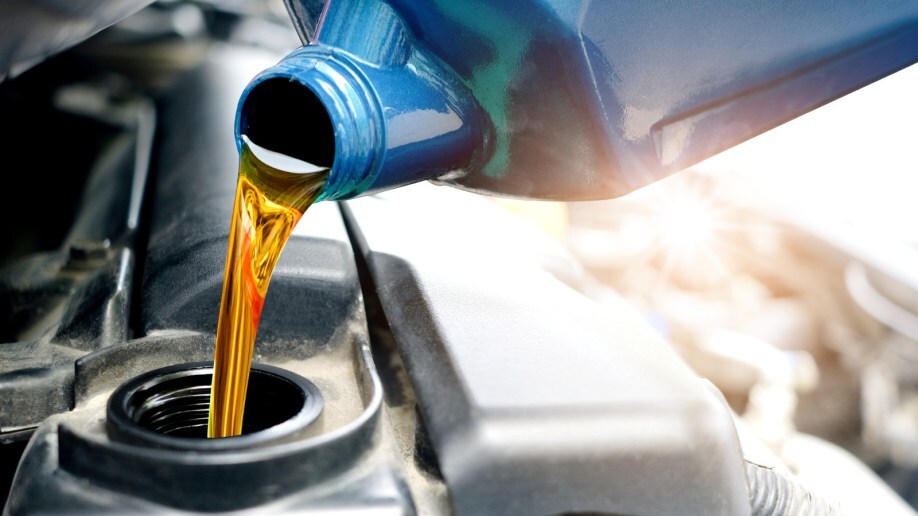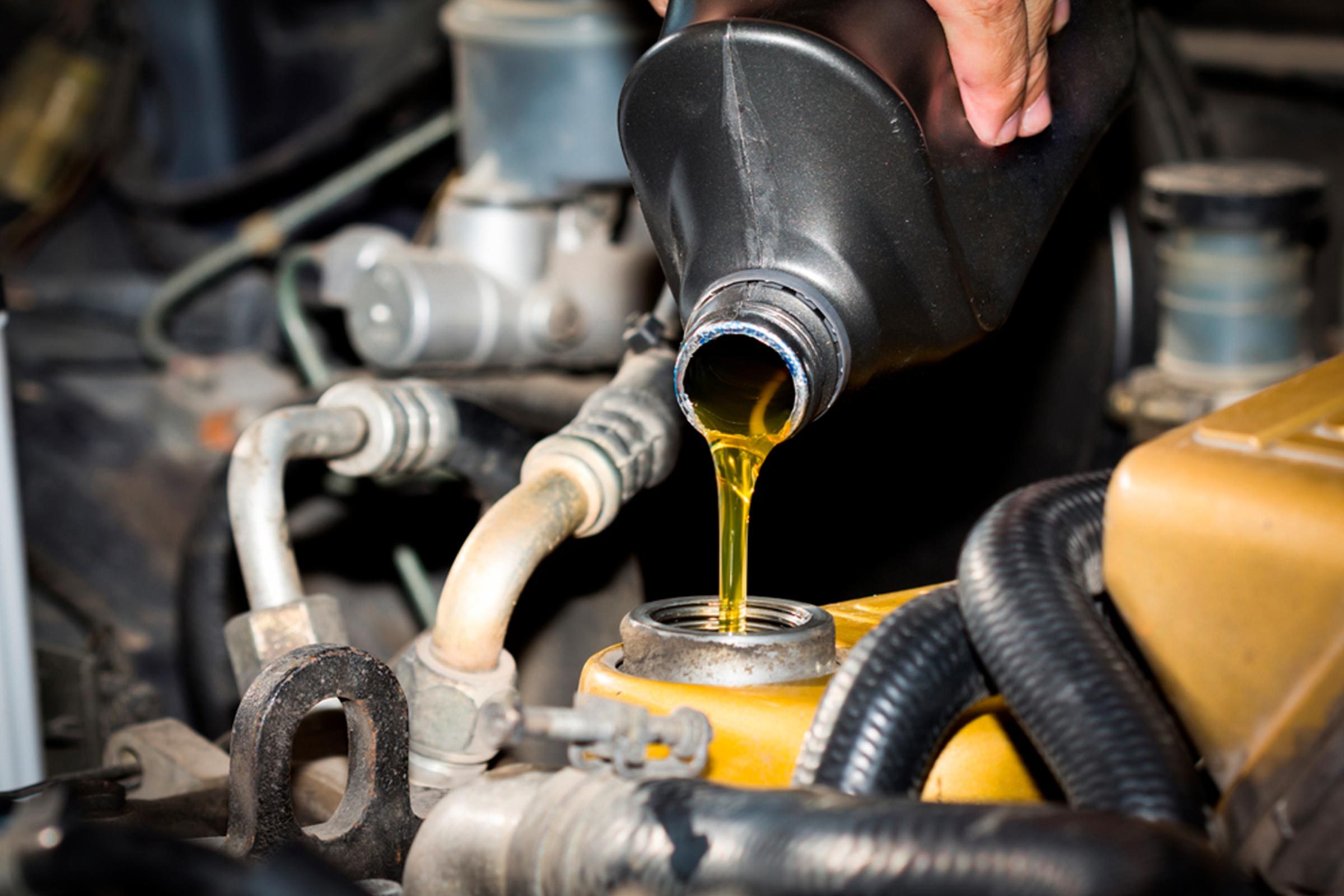Expert Oil Change Lockhart for all your vehicle’s needs.
Expert Oil Change Lockhart for all your vehicle’s needs.
Blog Article
Maximize Your Auto'S Performance With Routine Oil Changes
Maintaining your car's performance is a multifaceted undertaking, with routine oil modifications standing out as an essential element. Fresh engine oil plays a critical function in making sure ideal lubrication, lowering rubbing, and avoiding wear on necessary components. Several drivers ignore the signs that suggest a need for an oil change, possibly compromising their automobile's durability.
Value of Routine Oil Adjustments
While many cars and truck proprietors may neglect the significance of regular oil modifications, disregarding this essential maintenance job can result in serious consequences for engine performance and durability. Engine oil plays a crucial duty in lubing relocating components, decreasing rubbing, and stopping getting too hot. Over time, oil degrades as a result of direct exposure to warm and impurities, which reduces its efficiency.
Failing to alter the oil on a regular basis can cause the build-up of sludge and particles, which can block vital engine components and lead to increased wear. This not just compromises engine efficiency however can additionally lead to expensive fixings or perhaps complete engine failure. Furthermore, old oil loses its capability to neutralize acids produced throughout combustion, which can cause corrosion and more damage.
In addition, several car makers advise particular oil adjustment intervals, commonly based on gas mileage or time. In summary, regular oil adjustments are not merely a pointer; they are a necessary element of responsible car maintenance that safeguards the engine and boosts total efficiency.
Advantages of Fresh Oil
Transforming to fresh oil supplies many benefits that directly enhance engine efficiency and performance. New oil decreases rubbing in between engine parts, which not only lessens wear however also adds to smoother operation.
In addition, fresh oil properly cleanses the engine by putting on hold pollutants and protecting against sludge buildup. With time, oil becomes contaminated with dirt, metal fragments, and burning byproducts. Consistently replacing oil guarantees that these harmful compounds are gotten rid of, promoting a cleaner and healthier engine atmosphere.
In addition, fresh oil aids in optimum temperature guideline. It dissipates heat a lot more effectively, stopping getting too hot and prospective damage to engine elements. This is especially vital during peak efficiency scenarios, where heat accumulation can hinder engine performance.
Indicators Your Oil Demands Changing
Engine oil is the lifeblood of your lorry, and identifying when it requires transforming is crucial for maintaining optimal efficiency - Oil Change Lockhart. A number of signs suggest that it's time for an Recommended Reading oil modification, and remaining vigilant can stop engine damages and expensive repair work
First, check the shade and consistency of the oil. Fresh oil is typically amber and smooth, while old oil might show up dark and gritty, showing contamination and lowered efficiency. A modification in viscosity can also represent that the oil has damaged down and is no more adequately lubing engine parts.

An additional indication is the oil change light on your control my latest blog post panel. This alert functions as a reminder that the oil has actually reached its lifespan or that there is a hidden problem needing attention. In addition, uncommon engine sounds, such as knocking or ticking, may suggest not enough lubrication because of degraded oil.
Finally, if you see oil places or puddles under your automobile, it might indicate a leakage that requires instant inspection and feasible oil modification. Being conscientious to these signs will certainly guarantee your engine operates efficiently and successfully.
Choosing the Right Oil
Selecting the suitable oil for your lorry is essential for making sure optimal efficiency and durability. This support will route you toward the correct viscosity grade, such as 5W-30 or 10W-40, which suggests the oil's density at various temperature levels.
Following, consider the sort of oil: traditional, synthetic, or a blend. Standard oil is stemmed from unrefined oil and is ideal for older lorries, while artificial oil offers exceptional protection and performance for modern-day engines, especially under severe problems. Artificial blends incorporate the benefits of both and are typically a cost-efficient alternative.
Additionally, look for oils that meet market standards, such as API (American Oil Institute) or ACEA (Organization des Constructeurs Européens d'Automobiles) accreditations. These indicators ensure that the go oil has been evaluated for top quality and performance. Ultimately, picking the ideal oil not only boosts engine efficiency however also contributes to the general health of your vehicle, leading the way for smoother driving experiences.
Oil Adjustment Frequency Recommendations

Aspects influencing oil modification frequency consist of driving problems, such as stop-and-go website traffic, extreme temperature levels, and pulling hefty loads. Under extreme conditions, it may be prudent to transform the oil a lot more often to avoid engine wear. Additionally, some modern cars come outfitted with oil life monitoring systems that provide personalized suggestions based upon driving behaviors, which can better maximize the oil adjustment routine.
It's important to consult your proprietor's manual for specific recommendations customized to your vehicle. Adhering to these guidelines not just preserves engine wellness but additionally improves gas efficiency and decreases discharges. In verdict, regular oil changes, timed properly based upon various variables, are an essential aspect of automobile upkeep that can considerably affect performance and longevity.
Verdict

Report this page